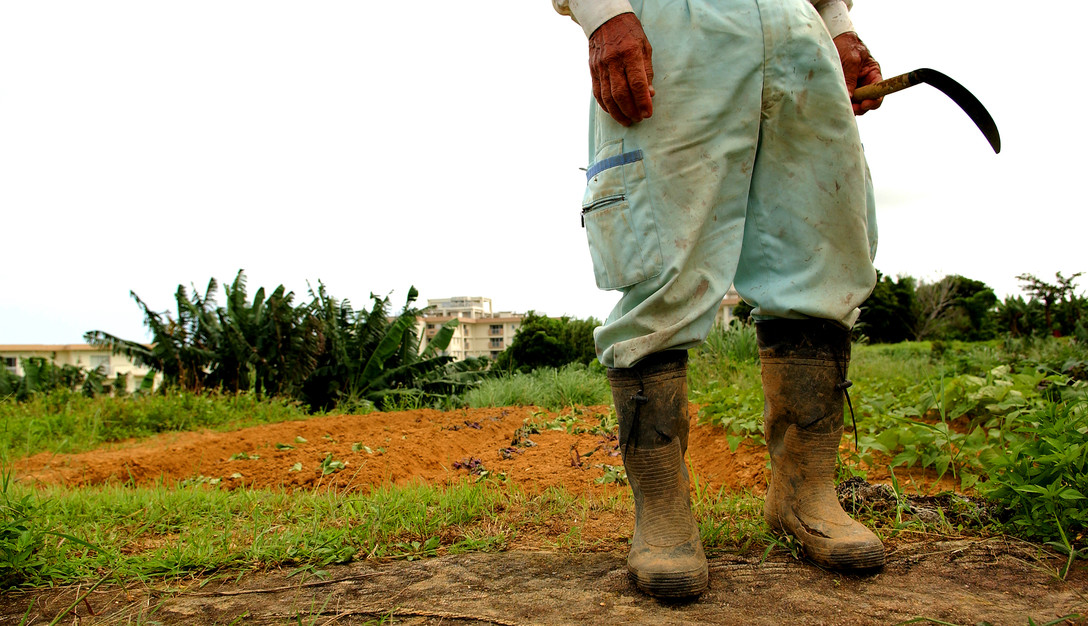Paul Fast—Principal Architect at HCMA, a Canadian architecture and design firm—discusses its More Awesome Now project and how you can revive neglected alleyways in your own neighborhood, including how to assess the needs of the neighborhood, how to measure the success of the project, and how to consider all members of the community in its design.
Read MoreIn most of North America, we’ve created a world where the poor and rich alike have to pay a very expensive ante—owning a car—just to participate in society. Will autonomous vehicles bring about a fairer world, or exacerbate these inequalities?
Read MoreEvery time it seems like our housing crisis is going to bring everything crashing down, banks inject a dose of antigravity. How long can it go on?
Read MoreDoes development in a struggling part of town mean displacing the people who already live there? Derek Avery doesn’t think so—and he’s walking his talk as an incremental developer who works hard to lift up the communities he works in. And here, he answers your questions.
Read MoreIf the city fixes the street outside of your home and increases the value of your real estate, you should have to pay the city back some of that windfall…right?
Read MoreWhen we take the steps that make our communities more financially resilient, we often make them healthier too. Just ask Dan Burden of Blue Zones: an organization that works with cities and towns across the country to help people lead healthier lives.
Read MoreMany of the cities we live in are under intense economic, social, and environmental stress. But how do we start to change the local planning status quo when the public doesn’t trust planners or policy experts?
Read MoreAn interview with Steve Nygren, developer of Serenbe, Georgia, about how Serenbe is unlike conventional suburbia, and why Nygren thinks it holds lessons for how all of our communities could achieve a better way of life at a lower cost.
Read MoreLiberals and conservatives have fundamentally different ways of looking at the world. So why do so many of them agree that we need more infrastructure spending—even if it might make our town weaker?
Read MoreMorgan Leichter-Saxby—co-founder at Pop-Up Adventure Play—shares how you can create low cost, low risk places to play in your neighborhood, including how to pitch the idea to your neighbors, how to commit to an incremental approach, and how Pop-Up Adventure Play can help throughout the process.
Read MoreAs an engineer, I once had property owners turn out en masse to oppose a project I was working on that would fix their potholed street and broken sidewalks. Find out why—and one key policy change that might have led to a different response.
Read MoreCould it make sense to put the onus on pedestrians to ensure their own safety—in Honolulu’s case, by considering making it illegal to cross the street outside of a crosswalk after dark? Maybe, but only if we had a system that actually gave people on foot equal opportunity to get around safely and conveniently. We don’t.
Read MoreAlix Taylor—Manager of Water Programs at Green Communities Canada—shares how to depave neglected concrete in your own neighborhood, including how to get your neighbors involved in the process, how to pitch the idea to city leaders, and how to find sites in your neighborhood optimal for depaving.
Read MoreEquipped with “grit and grind”—but also with a whole lot of good data on the financial consequences of past development decisions—Memphis, Tennessee is taking smart steps toward a bottom-up renaissance. Just ask its Chief Operating Officer, Doug McGowen.
Read MoreA recent New York Times op ed despaired that economic trends have passed rural America by. So isn’t it time for some new economic trends?
Read MoreJohn Reuter—board member at Strong Towns and former councilperson at the City of Sandpoint, Idaho—shares his insights in how you can propose eliminating parking minimums in your town—including how to tell a compelling story, how to find data that enhances that story, and how to build community support around removing parking minimums.
Read MoreStreet trees can be a huge maintenance headache, but are they worth it anyway for a fiscally prudent city? What do we think of land banks? Why isn’t “efficiency” always a good thing for cities? What the heck does “vibrant” mean? And more of your questions answered in the video and audio from April 2019’s Ask Strong Towns webcast!
Read MoreThe Strong Towns Podcast is back with brand new episodes. And to kick things off, we’re offering you a sneak peek into the upcoming full-length book by Strong Towns founder Charles Marohn—including details of the contents that haven’t yet been shared anywhere else. And you can pre-order your copy today!
Read MoreA robust urban farming landscape can make your city stronger. But can it really, y’know…feed your citizens?
Read MoreWe conclude our podcast greatest-hits series by revisiting a 2013 conversation with Chris Gibbons, the originator of Economic Gardening. Helping home-grown companies expand—rather than importing jobs from elsewhere—Economic Gardening is the essence of a Strong Towns approach to economic development.
Read More



















